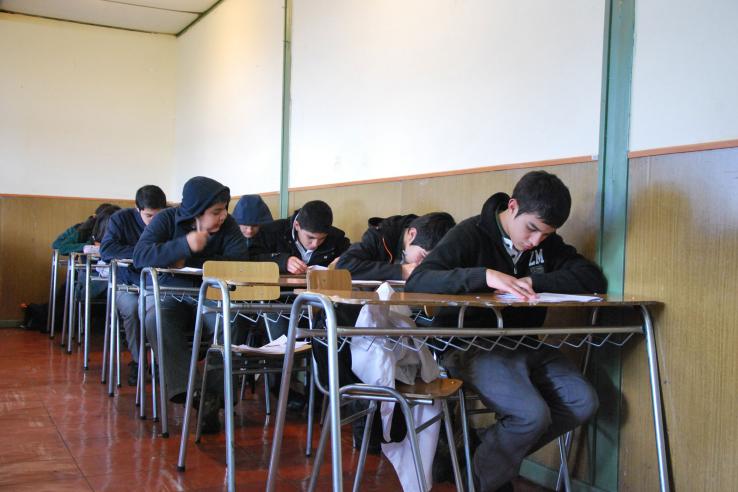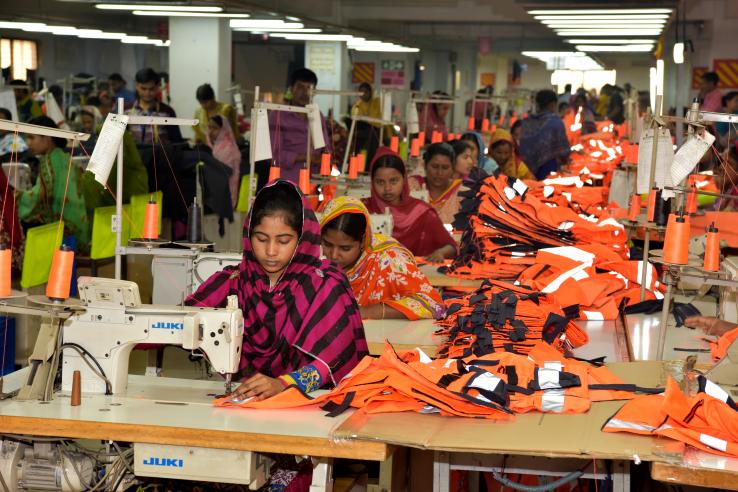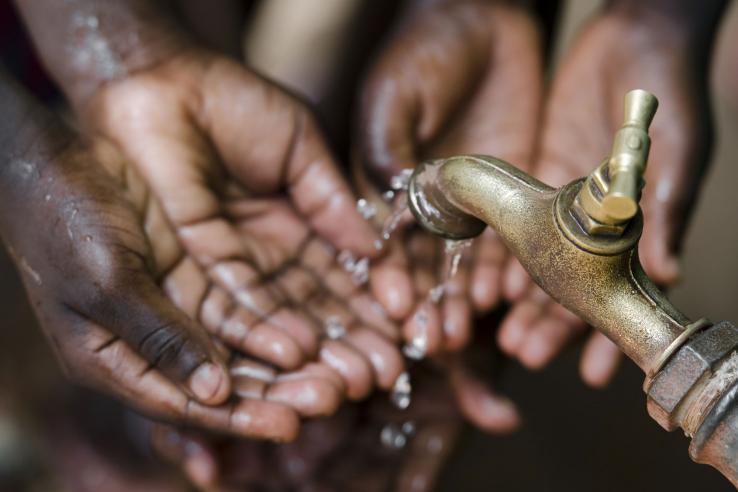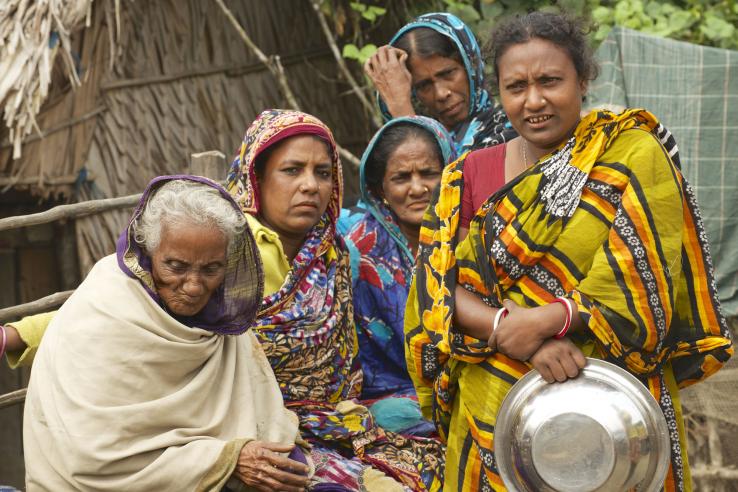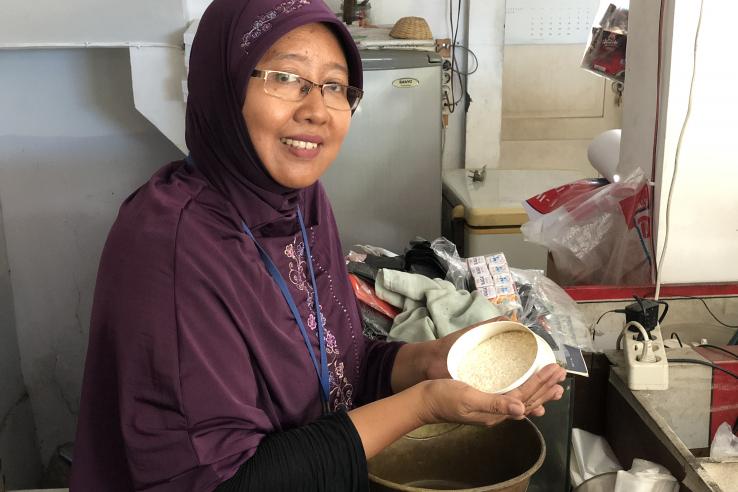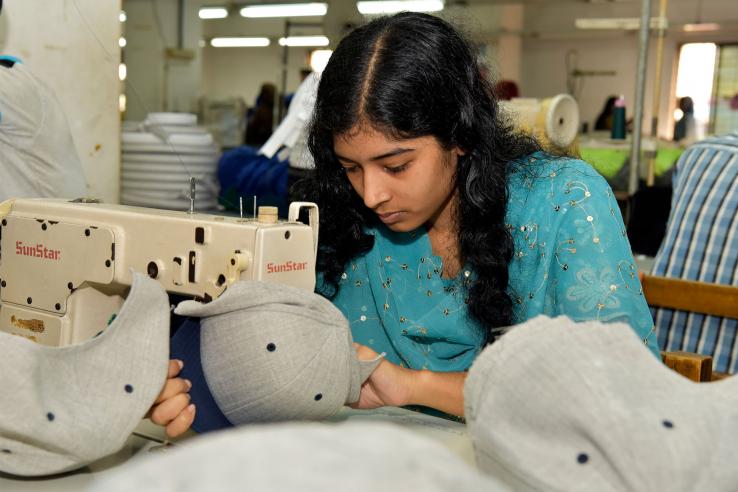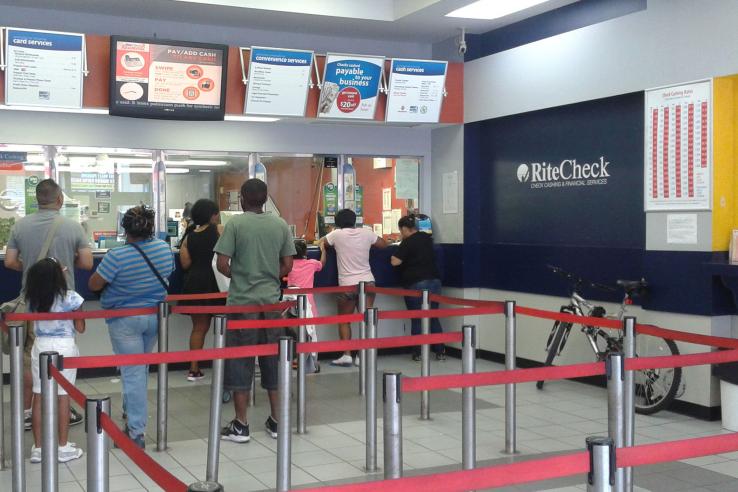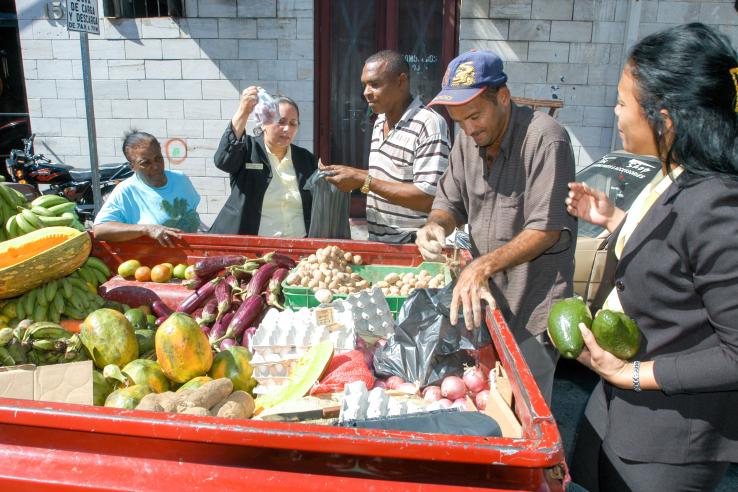Displaying 3346 - 3360 of 8335
Evaluation
Poor infrastructure, limited access to medicine, poor service provision, and a lack of accountability often lead to poor health outcomes in many developing countries. Researchers conducted a lab-in-the-field randomized experiment to evaluate patients’ willingness to file complaints against service providers and provider responsiveness to those complaints. Attaching tangible consequences to patient complaints increased provider performance as compared to providing a complaint box.
Evaluation
Researchers conducted a randomized evaluation to test the impact of providing information to students on enrollment at different quality schools. Students who were provided information applied to and enrolled in different types of schools. However, overall a greater number of students did not enroll in school despite receiving information.
Evaluation
Researchers conducted a randomized evaluation to test the impact of a savings lockbox, or SMS reminders, on household saving, spending, and the ability to cope with negative shocks in rural Niger. Take-up and usage of the lockbox were high, and while the lockbox intervention did not affect overall saving or spending, it helped households cope with the negative effects of a health shock. Conversely, there were no additional effects of the SMS reminders.
Evaluation
Researchers randomly assigned employees at garment factories in Bangladesh to either continue collecting their wages in cash, receive direct deposit wage payments into a payroll account, or receive an account but continued to receive wage payments in cash. Exposure to payroll accounts led to increased account use, consumer learning, savings, and trust in mobile banking.
Evaluation
In partnership with the Ethiopian Development Research Institute (EDRI), researchers are providing report cards that document citizen satisfaction with a range of public services to various levels of government officials to measure the impact of information and accountability on public service provision.
Evaluation
Researchers are conducting a lab-in-the-field study to measure the impact of a community-driven development program in Bangladesh on participants’ preferences and values about fairness, equity, civic engagement, and participatory decision-making.
Evaluation
In partnership with the Government of Indonesia, researchers conducted a randomized evaluation to compare the efficacy of vouchers versus in-kind transfers in reducing poverty and improving program delivery. The reform led to an increase in assistance received by eligible households, due to improved targeting. As a result, poverty fell by 20 percent among the poorest households.
Evaluation
Traffic is a significant concern in many rapidly developing and urbanizing countries, as it contributes to increased commute times, pollution, and fuel consumption. One solution to this challenge could be ride-sharing to reduce the number of cars on the road. In Malaysia and Singapore, researchers are partnering with a mobile ride-sharing service to test different pricing and information strategies to increase carpooling.
Evaluation
By comparing the impacts of soft skills training, a combination of soft and hard skills training, and no training, researchers seek to determine whether soft skills training alone is an effective and efficient way to increase the numbers of promotions offered to women and prepare women to be strong supervisors.
Evaluation
Millions of children die from preventable diseases every year, primarily in low-income countries. In rural Uganda, researchers are working with Innovations for Poverty Action to evaluate the impact on child mortality of an at-scale community health worker program based on a micro-franchise business model. An initial impact evaluation of this program in Uganda found a significant reduction in infant and child mortality, as well as improved health knowledge among clients and an increased number of household visits by health workers. Results from this evaluation of the scaled-up program are forthcoming.
Evaluation
Despite the initial promise of microcredit, randomized evaluations have found at best modest effects of microloans on poverty. Digitized payments from government cash transfer programs provide a unique opportunity to offer microcredit while addressing some of its shortcomings, potentially reducing interest rates, default risk, and repayment issues. Researchers are partnering with IPA, Banco BDH León, Banco ADOPEM, and Progresando con Solidaridad (or ProSoli, the Dominican Republic’s government-to-person transfer program), to test whether loans with automatic repayment through ProSoli lead to more productive investments and higher profits and income, leading to higher consumption, wellbeing, and graduation from the transfer program.

